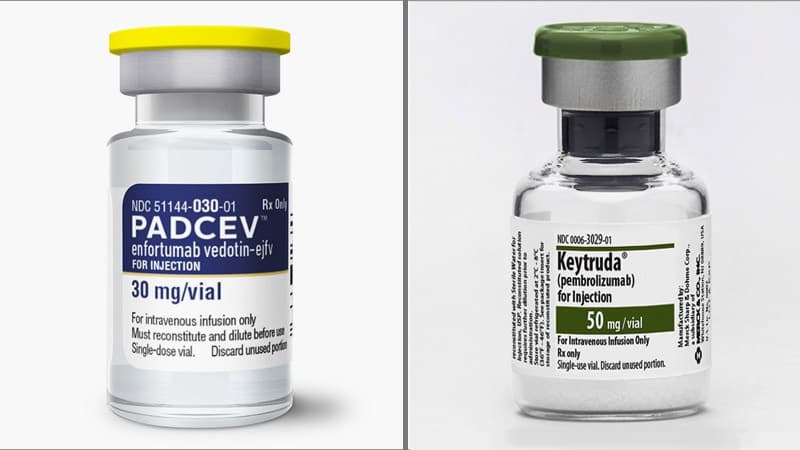White House Seeks Resignation of Top Aide to FDA Commissioner
The White House requested the resignation of Sanjula Jain Nagpal, a senior policy and research adviser to FDA Commissioner Marty Makary, according to a Politico report cited by Reuters. The move underscores widening rifts between the FDA leadership and the administration, with potential consequences for regulatory continuity and public confidence in health oversight.

The White House asked for the resignation of Sanjula Jain Nagpal, a senior policy and research adviser to Food and Drug Administration Commissioner Marty Makary, a development first reported by Politico and cited by Reuters on November 21, 2025. The request came after Commissioner Makary sought to promote Jain Nagpal to associate director of policy and research strategy, a personnel move the administration had not approved, and the White House emailed leadership at the Department of Health and Human Services asking for her resignation.
HHS later said that Jain Nagpal remains an FDA employee, a status that highlights a standoff within the federal health bureaucracy. The dispute surfaces amid broader tensions between Commissioner Makary, HHS officials and the White House, and follows a stretch of leadership changes and controversies at the agency that have already drawn public and legislative attention.
The immediate personnel clash may seem like internal Washington maneuvering, but it carries tangible public health implications. The FDA oversees approval and regulation of drugs, vaccines, medical devices and food safety rules that affect millions of Americans, particularly people with chronic illnesses, frontline health workers and communities that rely on timely access to new therapies. Abrupt changes in senior policy staff can disrupt ongoing regulatory work, slow decision making and complicate continuity of initiatives aimed at reducing health disparities.
Officials and career staff who manage complex scientific reviews depend on clear lines of authority and predictable processes. When personnel decisions become public and contested, employees report lower morale and a greater sense of instability, which in turn can affect the pace and thoroughness of regulatory reviews. For historically marginalized communities that already experience delays in access to care, any slowdown can translate into lost opportunities for treatment and prevention.
The episode also raises broader questions about the balance between the independence of technical agencies and political oversight. The White House has a legitimate role in setting policy and ensuring that agencies reflect administration priorities. At the same time, the FDA's credibility rests in part on the perception that scientific and clinical decisions are insulated from short term political calculations. Continued public disputes over staffing and authority risk eroding trust, not only among clinicians and industry stakeholders, but also among patients and advocacy groups who depend on the FDA's impartiality.
Beyond operational effects, the standoff may shape incoming policy priorities. If the administration and HHS assert tighter controls over senior appointments and research strategy, that could redirect resources and alter which public health questions receive attention. Conversely, a reassertion of agency discretion could protect the continuity of ongoing scientific initiatives.
As the situation develops, HHS and FDA leaders will face pressure to clarify decision making processes and to reassure staff and the public about the integrity of regulatory work. For communities already bearing disproportionate health burdens, clear communication and steady oversight will be essential to preserve confidence during a period of leadership strain.

